- News
- Reviews
- Bikes
- Components
- Bar tape & grips
- Bottom brackets
- Brake & gear cables
- Brake & STI levers
- Brake pads & spares
- Brakes
- Cassettes & freewheels
- Chains
- Chainsets & chainrings
- Derailleurs - front
- Derailleurs - rear
- Forks
- Gear levers & shifters
- Groupsets
- Handlebars & extensions
- Headsets
- Hubs
- Inner tubes
- Pedals
- Quick releases & skewers
- Saddles
- Seatposts
- Stems
- Wheels
- Tyres
- Tubeless valves
- Accessories
- Accessories - misc
- Computer mounts
- Bags
- Bar ends
- Bike bags & cases
- Bottle cages
- Bottles
- Cameras
- Car racks
- Child seats
- Computers
- Glasses
- GPS units
- Helmets
- Lights - front
- Lights - rear
- Lights - sets
- Locks
- Mirrors
- Mudguards
- Racks
- Pumps & CO2 inflators
- Puncture kits
- Reflectives
- Smart watches
- Stands and racks
- Trailers
- Clothing
- Health, fitness and nutrition
- Tools and workshop
- Miscellaneous
- Buyers Guides
- Features
- Forum
- Recommends
- Podcast
feature
 Brexit - via flickr creative commons
Brexit - via flickr creative commonsBrexit and the bike industry: we ask UK brands, retailers and distributors how the new rules are affecting them
Back from the festive hols, the bike industry has been up against it dealing with the latest Brexit implications. The free trade deal between the UK and the EU, which was announced on Christmas Eve, took effect from 1st January. Since then… paperwork. There’s been a lot of that. And there will continue to be.
> Brexit: New VAT rules see EU cycling brands stop online sales to UK shoppers
But there have been issues other than the nuisance of admin and delays. For distributors this regards negotiating who is paying the extra exporting costs, and for bike manufacturers with what it means for a product to be labelled as “made in the UK” or “made in the EU”.
Even if a bike is assembled in the UK, for it be classified as British within the terms of the trade deal, it needs to consist of at least 70% British materials and parts. If it doesn’t, then the bike is subject to 14% duty tariffs, and 4% for framesets, when selling from the UK into the EU. This works both ways, so products coming into the UK from Europe which don’t meet the required % of European origin are also then subjected to these tariffs.
If a frame is Asian made, with components such as Shimano and Sram also not originating from the UK/EU, it is likely impossible to reach the required percentage.
We spoke to brands in the bike industry to find how the new trade deal is effecting their businesses, how their processes will adapt, and the general attitude towards dealing with the complications and changes that come with the new rules.
Mason Cycles
Mason Cycles, the Brighton-based brand with Italian-built bikes, says: “We had anticipated and made potential plans for a dip in sales to the EU when there was a possible 14-15% duty applicable to our bicycles - which is a significant price increase for any customer. However, with the recent TCA/Trade Deal we have seen that it is possible to export/import bicycles with 0% duty and tariffs.
“As we have our frames made in Italy and several other Italian/EU made parts are used on our bicycles, they fall within 'Rules on Origin' regulations and we're able to export with these preferential rates (0%).”
> Review: Mason Resolution Force AXS
This means that Mason’s UK and EU customers won't be paying any more for a Mason bicycle than they did before Brexit, with only small delays, of 1 to 2 days, said to be expected for EU deliveries.
For consumers differences should be minimal, which is what we like to hear! But the Brexit arrangements will bring an end to the ease of relations between Mason Cycles and their EU business relations.
> Video: Fairlight Secan vs Mason Bokeh Comparison Review
Mason Cycles says: “Previously our EU production connection was simple. We could organise stock and prototypes to and from our suppliers with nothing more than an email needed. Accounting for this was straightforward, too. This was a key factor in allowing us to build the relationships and work so closely with our friends in Italy as we could exchange ideas (travel) and samples (shipments) with virtually no barriers. Now, none of this will change but it requires more admin.”
As a smaller bicycle brand, the extra workload could also bring its own challenges—but Mason is using this as an opportunity for development.
> Review: Mason Aspect Ti
Mason Cycles says: “We're working hard to give all EU customers stress-free deliveries and paperwork is intrinsic to this, i.e. it needs to be accurate and present with every delivery. We're a team of just six employees, so really we try and limit 'paperwork' to the minimum.
“One way we're achieving this is making sure we adhere to best practises for all our internal processes. In this case, it means that our export documentation and logistics records systems are fully automated, accurate and handled electronically. This yields benefits for all of our sales channels and we anticipate company-wide operations improvements.”
Mason Cycles adds: “We know that with these situations, what may at first seem like barriers or challenges to business actually are the best opportunities to improve your business, learn, and to become more robust and efficient in all aspects of the business.”
Cotic
For other British based bike brands, with framesets built outside of the UK and Europe, the situation is trickier.
Even though fully assembled in the Peak District, Sheffield-based brand Cotic has Taiwanese frames for many models in their range including their do-it-all Escapade, and these could be subjected to expensive tariff fees.
The brand has had to stop shipping to customers in the EU until the duty situation is understood.
> Review: Cotic Escapade
Owner of Cotic, Cy Turner, sent an email to customers stating: “What we are currently trying to ascertain is whether our EU customers who have bought Taiwan produced frames or bikes assembled using the majority of Taiwan sourced parts might need to pay some import duty.
"This is because the rules regarding items being of “UK origin” are a bit unclear, and the ‘value add’ by Cotic possibly doesn’t add up to a significant enough percentage of the value of the end product supplied to qualify for zero rating. I am currently going through the full trade agreement to try and figure it out, and we are in touch with our industry body to get to the bottom of this.”
Hunt
Over to wheels. The West Sussex brand, Hunt, asserts that from the perspective of customers “not much will differ” and delivery to the UK and UK markets remain completely unaltered.
> Review: Hunt 48 Limitless Aero Disc Wheelset
Hunt admits shipping to Europe is fairly backed up currently, but says “this is just a case of bad timing and was due to the more recent surge in Covid-19 cases—this isn’t something we see as a Brexit problem”. Hunt anticipates shipping times to return to normal fairly quickly.
Hunt says: “We’re currently absorbing the applicable taxes/duties associated with European orders, to ensure that the pricing we offer on our website reflects that which the customer will pay.
“There will be some impacts in terms of paperwork and customs declarations, but that responsibility lies with us. We are handling all the paperwork to make their life for customers as easy as it was before Brexit.”
Hunt, who are supplying wheels at the WorldTour level to Qhubeka Assos for the 2021 and 2022 seasons, has no concerns about continuing to deliver products that perform to the highest level. “We don’t see product development changing at all, just a few extra documents to fill in when we take wheels to the wind-tunnel in Germany or do any other product development on the continent,” Hunt says.
> Review: Hunt 4 Season Gravel Disc X-Wide Wheelset
The British brand adds that rethinking international logistics is already a constant process for them as a growing business. Hunt says: “To better serve stateside riders directly we opened our US office in Colorado last year, and so there is plenty of experience we can draw upon from this process to continue trading in the EU. We’re always evolving our business as we continue to grow, and part of that process of course involves looking closely at logistics, which enable us to minimise complication and delay in meeting riders’ needs.”
So doesn't look like any problems here...
Pacenti Cycle Design
Turning to another wheel brand. Pacenti Cycle Design, producers of the Picco 46mm Disc Clincher wheelset which we rated 9 out of 10 for their excellent build quality and stunning performance, is also taking the new rules in their stride. Starting to see a trend here... albeit an unexpected one.
Luke Humphreys of Pacenti Cycle Design says: “As a company building our wheels in the UK by hand, we only have one main supplier from Europe, Sapim spokes. We get several large orders per year and this import is still relatively easy. We took note of what our courier companies required from us and are well prepared."
> Review: Pacenti Forza Rim Brake 700C wheelset
In terms of exports, Pacenti says: “We ship a lot to Europe and this will cost a little more going forward however we will simply increase our carriage charges slightly to cover this.
“We have always been a get on with it type company and that won't change, as a business, you adapt to grow or survive and we will do both in 2021.”
Bob Elliot & Co
Let's look at how things are shaping out for distributors...
For Bob Elliot, negotiations are still taking place with suppliers in Europe with regards to sorting out the new icoterms (international commercial terms) for importing. Director Paul Elliot explains: “This decides who pays for what and when. We are currently agreeing terms with all of our suppliers to make sure that all the fees are being paid at the right time, by the right people.
“Some of the European suppliers are putting us on icoterms whereby they pay for transport and for all of the exporting process. But others are asking for us to go and collect from them which has never been the case. If that does start to happen and we have to pay for freight, then we could see some pretty large price increases on those brands.”
That said, the Chorley-based industry wholesaler reassures that this doesn’t mean they will stop a brand.
“I don’t see any major fallout with my suppliers—we’ll sort something out with them all,” Paul Elliot says.
He adds: “We will try to absorb the costs wherever we can to protect our customers but if we do have to increase pricing for whatever reason then we will do that with minimal effect—whether this will stall sales, only time with tell.”
“The timing with Brexit, a rise in Covid-19 cases and everyone being off over the Christmas, has not helped. But we bulked our stocks up in November and December in preparation. This means that pricing remains unchanged at this point, as it is stock that landed with the original pre-Brexit arrangement. It also means that we have no urgency to have goods dispatched from Europe, so we are quite relaxed while we continue with the negotiations.”
Bob Elliot says they are getting responses everyday and expect to have agreements sorted with all European suppliers in the next week or two. Is it possible for it to all to go this smoothly? We'll check in later...
Muc-Off
For Poole-based Muc-Off, the no tariff deal that was approved on Christmas Eve was “a positive result”. But, at this stage, the specialists in bike care say it is difficult to assess the impact in the short to medium term.
> Muc-Off launches new Stealth Tubeless Puncture Plug kit
Mike Cook, Global Sales & Business Development Director at Muc-Off, says: “As a UK-based manufacturing business, we’re not worried about our ability to keep producing the products our customers know and love us for. We certainly don’t foresee any delivery disruption to our UK-based customers."
> Review: Muc-Off Inner Tube Sealant
For products sent across the channel, Muc-Off says: “We could face some logistical issues and we’re conscious of the potential for increased haulage costs into Europe. We’ll be crossing our fingers that this doesn’t impact demand from our European network—but it’s too early to say.
“We’ll continue to work hard to keep offering the same high-level of service and products that keep our customers stoked, regardless of the challenges Brexit may throw at us down the line.”
Sigma Sports
For the UK-based retailer Sigma Sports, international deliveries have not been disrupted thanks to an ongoing partnership with Global-e, a third party commerce solutions company.
Sigma Sports says: “We have been in a fortunate position that we already worked with a shipping partner called Global-e for our international customers and this has meant things have been moving quite smoothly.
“They take payment for customers in their own local currency, that might be cash on delivery or by bank transfers.
“It appealed to us as it was a simplified process, even before Brexit was on the cards and with Global-e handling shipments its meant we have experienced a fairly smooth transition.”
Specialized
Specialized has issued a statement saying: “Technically the Brexit deal does not affect our main supply chain from our Asia suppliers. The area where we may be affected is the sharing of inventory with markets within the EU. Inventory is sometimes moved between markets to where the demand is, but this is not the primary method for supply. We are already working on establishing the new process to be as seamless as possible but there will be some disruption.”
Is the Brexit disruption not as bad as we initially thought; or is the bike industry just grtting its teeth, dealing with the extra paperwork and being as resilient as ever? Of course we hope for the best, but time will tell...
Anna has been hooked on bikes ever since her youthful beginnings at Hillingdon Cycle Circuit. As an avid road and track racer, she reached the heady heights of a ProCyclingStats profile before leaving for university. Having now completed an MA in Multimedia Journalism, she’s hoping to add some (more successful) results. Although her greatest wish is for the broader acceptance of wearing funky cycling socks over the top of leg warmers.
Latest Comments
- mctrials23 2 sec ago
I'm sure I will be chastised for this view but...most of the people who go to takeaways aren't walking there or cycling there. They are driving. Go...
- cyclisto 28 min ago
I know the Limes made a mess, but my inner self sees a bicycle commuter porn image.
- joe9090 59 min 48 sec ago
Belgium is lawless and they don't give a fig. They also hate their neighbours, as do their neighbours hate them. They cannot even speak Dutch...
- Secret_squirrel 1 hour 7 min ago
Thats if you believe that a slightly bigger bearing surface translates in any meaningful way to "pedaling stiffness" which to my mind is the...
- chrisonabike 1 hour 13 min ago
Everyone carrying more / brighter searchlights will fix things? Perhaps it helps sometimes, but I think this leads to other issues. We're already...
- SecretSam 1 hour 15 min ago
Lake's naming and sizing: never knowingly comprehensible. Good shoes, baffling range.
- hawkinspeter 1 hour 18 min ago
Yeah, I doubt if Arron Banks would be happy visiting "little Somalia" (as he referred to Bristol) and certainly I don't think Bristol's residents...
- ChasP 1 hour 55 min ago
It could be used as a reliable comparison without any calculations.
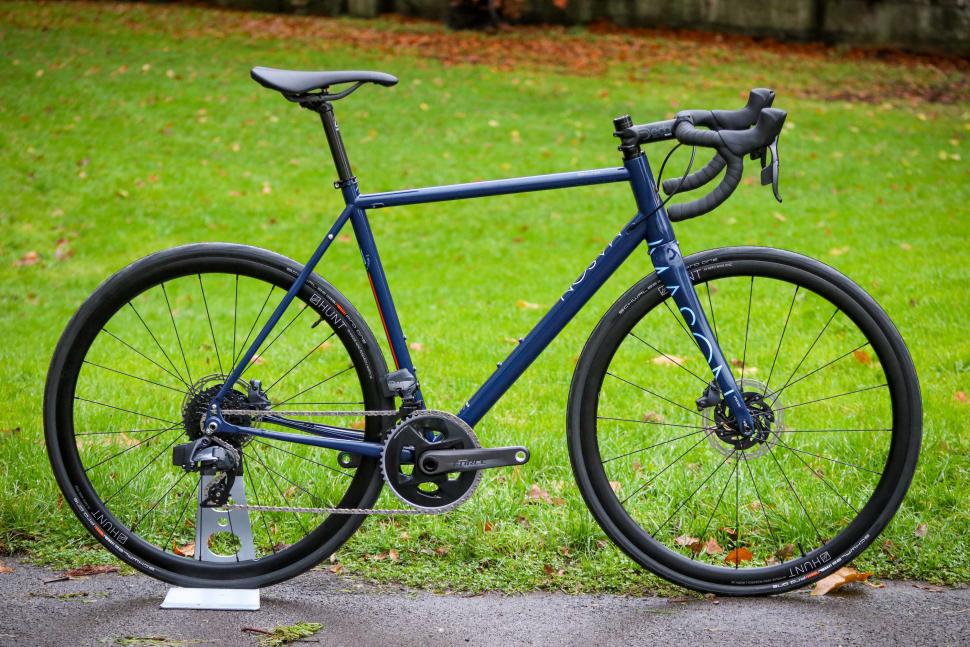
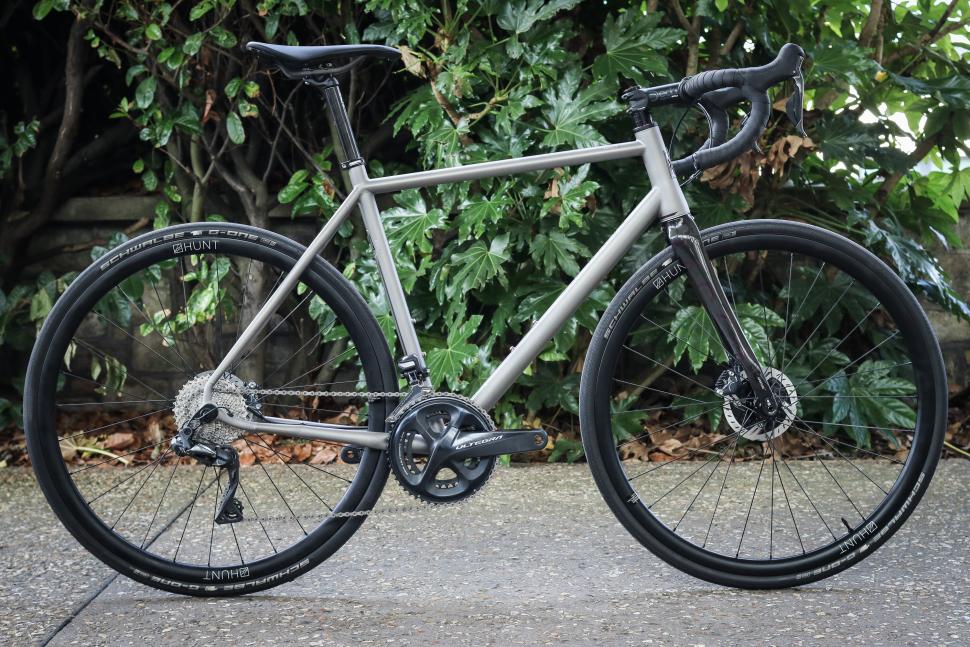
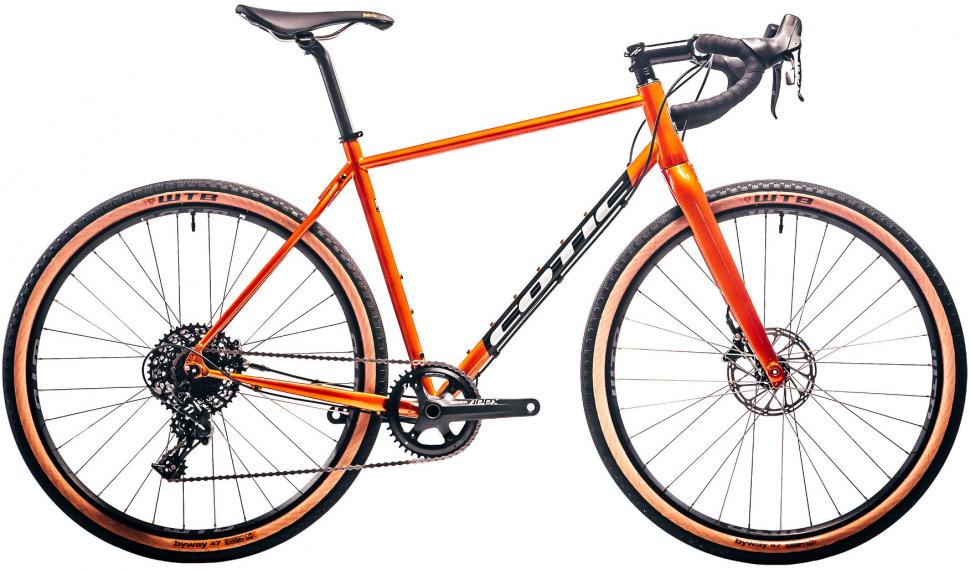































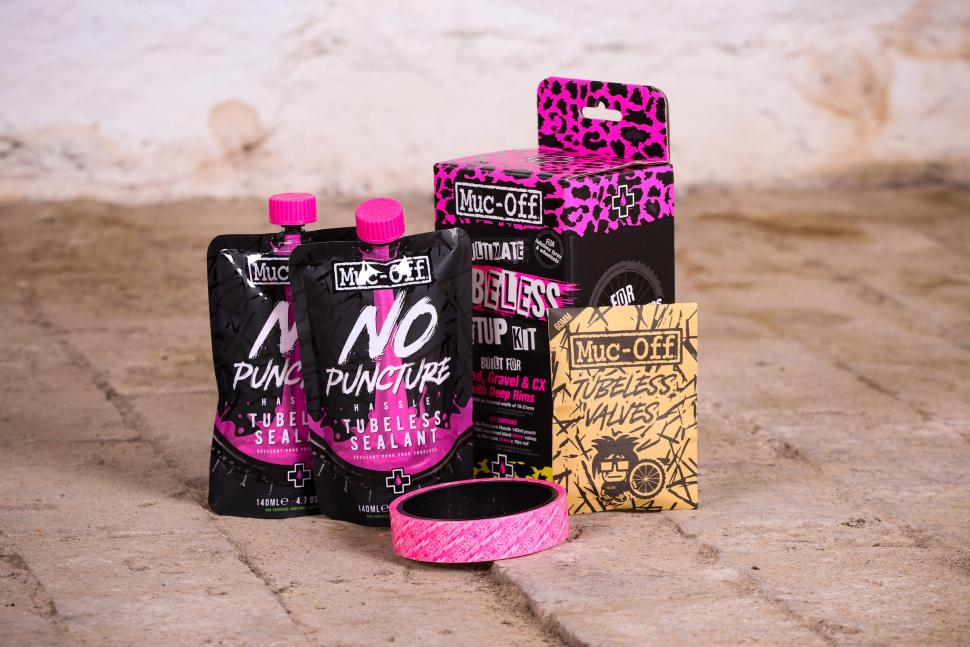
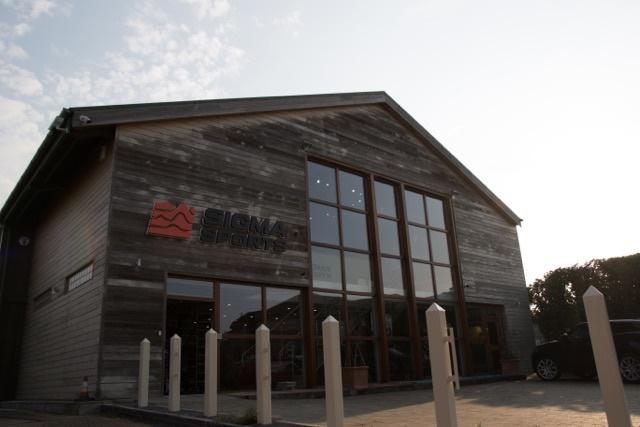






































Add new comment
55 comments
We only have to negotiate based on the priorities of one country rather than 28.
That's a massive advantage.
As the 5th largest economy in the world we're hardly a minnow in international trade negotiations.
I don't think we did too badly in the deal with EU. No tariffs and no quotas in one of the biggest trade deals in history. No ECJ and able to walk away at 12 months notice. Pretty good all things considered.
Except that we do have tariffs, based on rules of origin. And as we are seeing, lots of non-tariff barriers.
Brexiters have got a bee in their bonnets about the ECJ because of xenophobia, but I'm certain 99.99% can't explain a single specific ECJ decision they disagree with.
Your 'massive advantage' is fantasy. In trade deals, size matters.
A greater advantage than having the weight of 28 economies rather than 1? And being locked out of the single market? Come on.
The deal was a lot better than no deal, but that's as far as it goes. Personally I couldn't give a toss about the ECJ - that's an obsession of Brexiteers and nobody else. We got a deal regarding goods (where we have a big trade deficit with the EU) and nothing on services (where we have a big surplus). It's alright as a trade deal, but it's a huge backwards step compared with what we had before.
The size of the EU is both an advantage and a disadvantage.
The UK is bigger than the vast majority of economies on the planet so additional size doesn't bring a huge amount of advantages. Being able to pursue a far narrower scope of objectives is, conversely, a huge advantage.
The single market doesn't really exist for services anyway so we left a single market in goods and traded it for tariff free, quota free access to the same market.
There's not much point to this back and for as we're both essentially speculating.
Time will tell which of us is correct.
You "don't think we did too badly"?
The EU consolidated its trade surplus in goods and screwed us over on services, where we had a trade surplus with them.
It's an utterly shit deal for us and it's exactly what Ivan Rogers predicted would happen.
The only upside of this disaster is the somewhat hollow humour of watching clowns like you pretending that everything is OK or better than it was.
"Only about 5 years of worse trading relationships...probably."
I don't remember that being on the side of a bus, but if it had been we might not be in this mess now.
We've rolled over some of our existing EU-negotiated deals. The only trade deal that we can even vaguely claim to be ours is the Japan deal. Which the government's own analysis admits is far worse than the EU-Japan deal that we could have been a part of.
As you say, we're less than a month into this car crash but so far, for me personally, I have had to pay £114.10 for a Dhb softshell that cost £100.00 in December, I have a pair of Fizik shoes on order, stuck in Spain for weeks and a three week delay on delivery of a case of Italian wine. That's just me.
Brexit is a shit show and your pathetic attempts to defend it are laughable.
Agreed that the situation right now is a disaster. I bought a ton of stuff from Rosebikes early december that i have no immediate need for, but glad i did as they clearly wont be shipping to the uk anytime soon. But why was it so much cheaper to buy the same things from a german distributor than a uk one ? eg. schwalbe tyre from rose=£14, same tyre from wiggle=£30, tyre manufactured in indonesia.
1) We do more trade with the EU than any other market.
2) The EU already has trade deals with other countries, that we benefited from. All Liz Truss is doing is replicating some of them now we are outside the EU = no new benefit.
3) You might be an ideological Tory/Brexiter but you still have to face reality.
The transition period ended 9 days ago. We struck a deal with the EU right at the end of that period.
In the short term the EU deal was the most important so obviously took the bulk of attention hence the minor tweaks to the other deals that were otherwise rolled over.
Now the EU deal is done we will have the freedom and the time to improve existing deals and strike new ones.
I think we'll strike far more ambitious trade deals than those done by the EU.
Let's wait and see.
The end user, the customer, will only be affected by a slight increase in cost due to additional handelling fees. It is early day and the late deal means few know the correct method. It will straighten out soon with duty either paid with the purchase, or on delivery.
Thats what we voted for insnt it? handelling fees
'handelling'.. is that something like yodelling?
It's how cyclists of old used to call out to each other across the valleys...
Presumably not with a bit of Water Music, though...
Incoterms. Incoterms, not icoterms.
The duty is applied to the invoice value, for the commodity which is crossing the border. So a complete bike will attract duty on the value of the bike, not each component separately.
Went on canyons website yesterday and was shocked to see how much the prices have gone up.
The same endurace model I bought in 2018 is £600 more expensive. Is that brexit related or other costs? It's a massive increase for what is essentially the same bike with a new paint job.
Its price gouging - there's a shortage of bikes and consumers are willing to pay more. Specialized as an example have put prices up on bikes sold in the USA.
That's such a shame. I love my canyon but wouldn't have paid £3k for it.
how would you explain the exact same Canyon bike now being approx £500 cheaper in Ireland than in the UK?
How do you explain other manufacturers where the prices are still the same? It just proves it's a decision rather than a direct outcome.
It's certainly a decision, but one which I suspect is prompted by Canyon anticipating the extra costs of doing business with the UK post-Brexit rather than related solely to Covid disruptions.
Hopefully they will reduce the price disparity if/when things settle down.
So nothing seems to be 'better' then? It's just more red tape.
From the perspective of an EU customer, how is the situation of buying from Cotic different to buying from Canyon?
As I understand it, both are selling Taiwanese sourced frames built up with predominantly Asian components.
The only difference is the location of the value added in the assembly and build, outside the EU in the case of Cotic, inside the EU for Canyon. In any case, I thought the value added within the UK was exempt from tariffs, but even if not this is only a marginal part of the overall value. Surely neither is at competitive disadvantage to the other?
I think the value added is indeed exempt.
The question is whether the frame will be subject to tariffs twice, once at the UK border and once at the EU border.
If the ex-works value of the commodity being exported is less than 70% GB origin, then country of origin is not GB, and it will attract duty on the full invoice value.
Pages